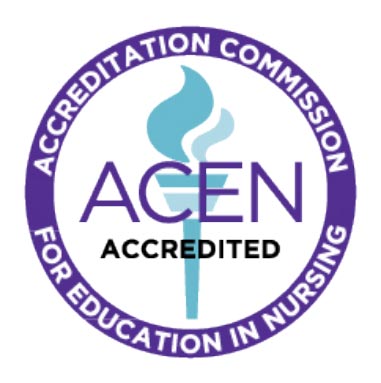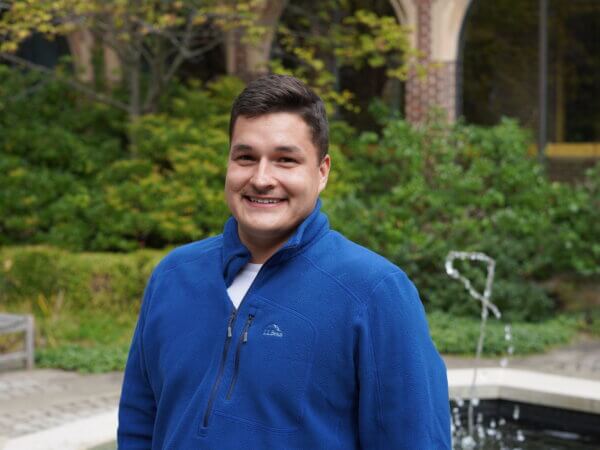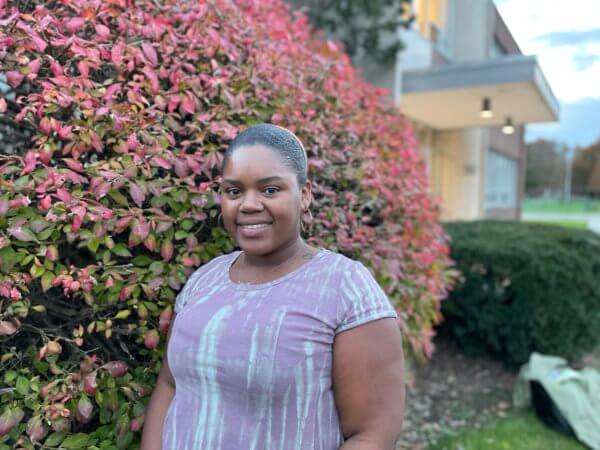Nursing AAS (RN)
Maria's NCLEX-RN first time pass rate for 2023 is 91%, higher than the NYS average. Close interaction with faculty and a network of leading healthcare facilities for clinical experience play a major role.
A Two-year Associate Degree Program
Our Associate in Applied Science (AAS) prepares students with the foundation they need to have a successful career as a registered nurse (RN). At Maria College, our focus is on the Art and Science of Nursing – giving students both a theoretical and clinical background in nursing to provide compassionate care to the community.
Upon completion, students are eligible to take the National Council Licensure Examination (NCLEX-RN®). Our first-time pass rates in 2023 for the NCLEX-RN® is at 91% – higher than the NYS average. Our knowledgeable faculty, comprehensive education, and supportive environment all play a major role in the success of our students.
Courses for Everyone
Our program is designed to meet the needs of both traditional and non-traditional students alike. Whether you’re enrolled from day or evening classes, you will receive the same level of education. Both divisions will have access to:
- Personal attention and guidance from faculty and staff
- Our state-of-the-art nursing simulation lab and innovative technology
- Hands-on clinical experience in the Capital Region’s top healthcare facilities
- Connection with the largest graduating class and alumni network in the region
Weekend Scheduling
Our Weekend Nursing Program is designed to provide flexibility for those seeking to become registered nurses while balancing work and family responsibilities.
This innovative program allows students to pursue their nursing education on weekends, making it accessible for individuals with busy schedules who are passionate about joining the healthcare field. Over the course of two years, students will gain hands-on experience through clinical rotations and simulation labs, preparing them for real-world nursing challenges.
Most Focused
Maria College was ranked in the top 5% nationally for 2022 Most Focused Associates Degree Colleges for Nursing. Click here to view ranking. To learn more about our two-year RN program in Albany, NY, we welcome you to contact us or plan a visit today!



